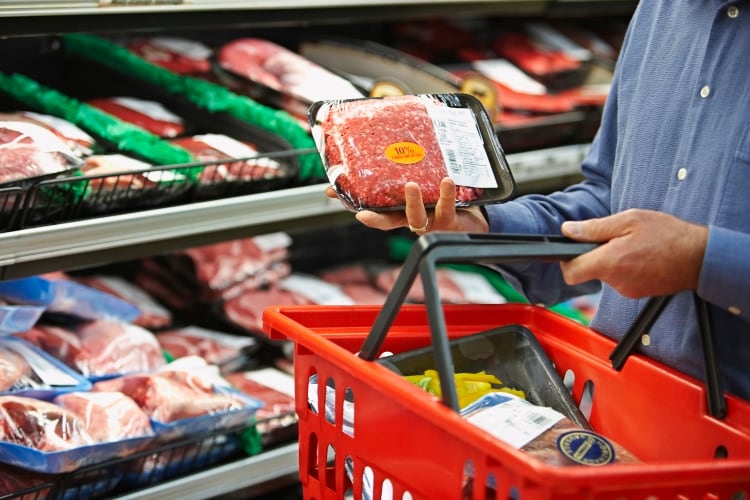The notice, published by the Government last week, provided details for businesses on the actions they would need to take if the UK were to leave the European Union before 29 March 2019.
The notice was aimed at businesses that use health and identification marks of animal origins, such as meat.
In the report, it stated that the Food Standards Agency (FSA) would not be planning to change approval numbers, but the health and identification marks would need to change after 29 March 2019 if there was a no-Brexit deal.
In response, IMTA welcomed the decision to avoid changing approval numbers and making changes to health marks.
However, the report also revealed that if businesses did not export, the FSA was considering proposals that might allow the continued use of old identification marks on domestic produce for a limited time after 29 March.
IMTA said not allowing the continued use of existing stocks would result in huge costs for the industry.
“We believe the FSA should confirm as soon as possible that existing packaging can continue to be used and for what timeframe. This would provide much-needed certainty for our members. For the internal market, the UK Government should allow a period of transition for ideally three years, certainly no less than two years, during which either mark may be on the packaging.
“Information from our members indicates that those involved in packaging products need to maintain several months’ worth of packaging stock. Often, companies have a policy of updating their packaging design annually. A hard changeover from old to new would result in substantial packaging waste and needless cost to industry. Costs of re-packaging would be prohibitive, especially for some low-value/low-margin items that may be held in stock.”
IMTA’s policy director Katie Doherty recently spoke to GlobalMeatNews about how the meat industry could be affected by a no-deal Brexit.




